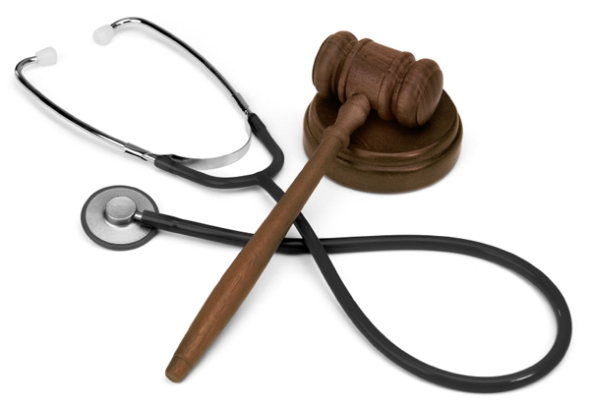On June 28th, 2012, the United States Supreme Court rendered its decision in a 5-4 ruling upholding President Barack Obama’s health care overhaul. Its major point of contention, the Individual Mandate, stands. In addition, the portion of the ruling relative to Medicaid expansion is now being left up to individual states. The decision sparked a series of claims and questions, many of which are politically clouding the picture of what the law does and doesn’t do. Here are some answers to some of the most commonly asked questions. .
What does this decision mean to our local economy and to Teton County businesses?
First, let’s talk about what this means on an individual level. Per the Supreme Court’s ruling, beginning in 2014 all Americans will be required to carry health insurance or they will face a penalty in the form of an imposed tax. The tax will be imposed by the IRS and will graduate over a 3 year period. It will continue for all Americans who choose to stay uninsured. Because Teton County has a somewhat transient workforce (about 1/3 of our population has part time or seasonal work), most of the people impacted will be tourism-based employees who currently need to work two to three jobs just to make ends meet. Since they are not working the necessary 30 hours a week to qualify for group benefits through an employer, they will have to purchase their own insurance and pay 100% of the premiums. Teton County depends on this seasonal workforce and now these necessary and valuable employees will inevitably have a new line item in their personal budgets. We can expect some of these employees to leave the community in search of more full time hours elsewhere.
Second, how does the Court’s ruling affect Teton County employers? The new law mandates that many employers will be required to offer health insurance coverage to their employees or they too will face a tax penalty. Employers with 50 or more employees are the first tier to have to provide benefits or pay a penalty. Employers with fewer than 50 employees are currently exempt from that penalty but that could change in the future. In addition, employees of the smaller employers will continue to look for benefits through their employers as otherwise they too would be forced to pay the penalty tax. At the end of the day, our local small businesses who currently offer health benefits may actually see some rate relief down the road. Conversely, those employers who do not currently offer coverage will certainly feel the financial crunch of a new expense. Whether they choose to pay the penalty or pay for coverage, this will have a major impact on many local businesses.
It has been widely touted that State Insurance Exchanges will make it easier to obtain lower cost coverage for businesses, individuals, and families. However, Wyoming’s small population base does not make it easy for a State Exchange to exist. With only half a million people in the State, the base formula for a Solvent Exchange would require 20% participation, or 100,000 Wyoming residents. That is a daunting number of required insureds. Currently, our State Legislature has been investigating alternative ideas rather than having to fund a very expensive exchange. I expect this issue to be revisited by our State Legislature sooner rather than later. If we default on developing our own Exchange, we will be forced to join the Federal Government Exchange which currently has not even been developed by the Department of Health and Human Services. Good luck with that idea.
Lastly, what does the Medicaid Expansion ruling mean for Wyoming? The new ruling confirms that the expansion of Medicaid coverage to low income families will be passed along to our State Legislature. While it is recommended that each state provide expanded Medicaid coverage, states who do not comply will not be penalized or lose their current level of Medicaid funding. This was the most stunning portion of Justice Roberts’s decision. By refusing to require the States to expand Medicare or lose their current funding, he essentially set up a “No Lose” proposition for the states. Most states all have to operate under a “balanced budget” mentality. This means that any expansion of health care services needs to be accompanied by more money or corresponding budget cuts. Since Wyoming is one of the few states in the country that has the cash flow to even attempt to run a balanced budget, this will not be an enticing additional expense to our state.
Overall, no matter whether you are an individual, an employer, currently covered with health insurance, or uninsured, the Supreme Court’s ruling will affect us all. It is up to us, as citizens of a democratic nation, to educate ourselves on what these changes mean for each of us and to advocate for our own health care needs. This decision will take some time to digest. In the mean time, it is recommended that you stay informed and consider finding a local resource or advocate who can advise you on exactly what these changes mean for you and your families.


